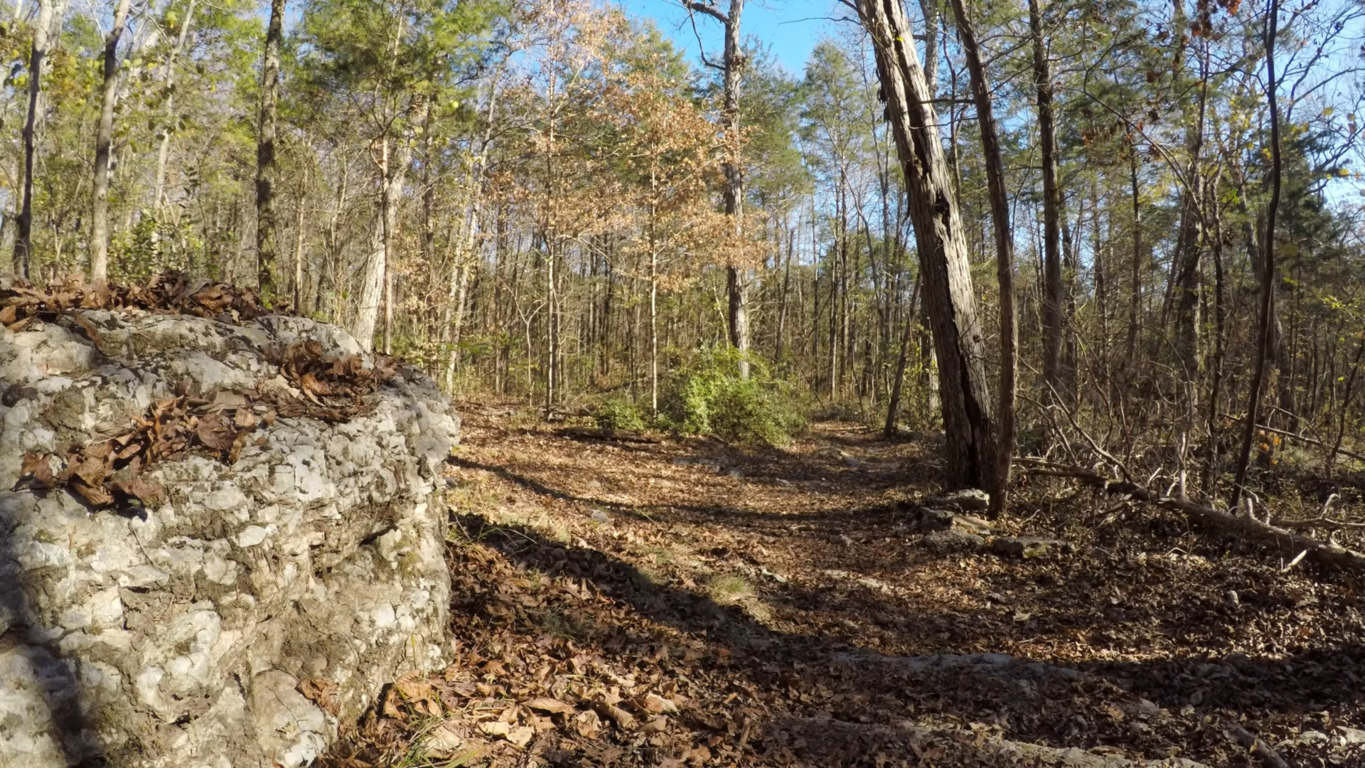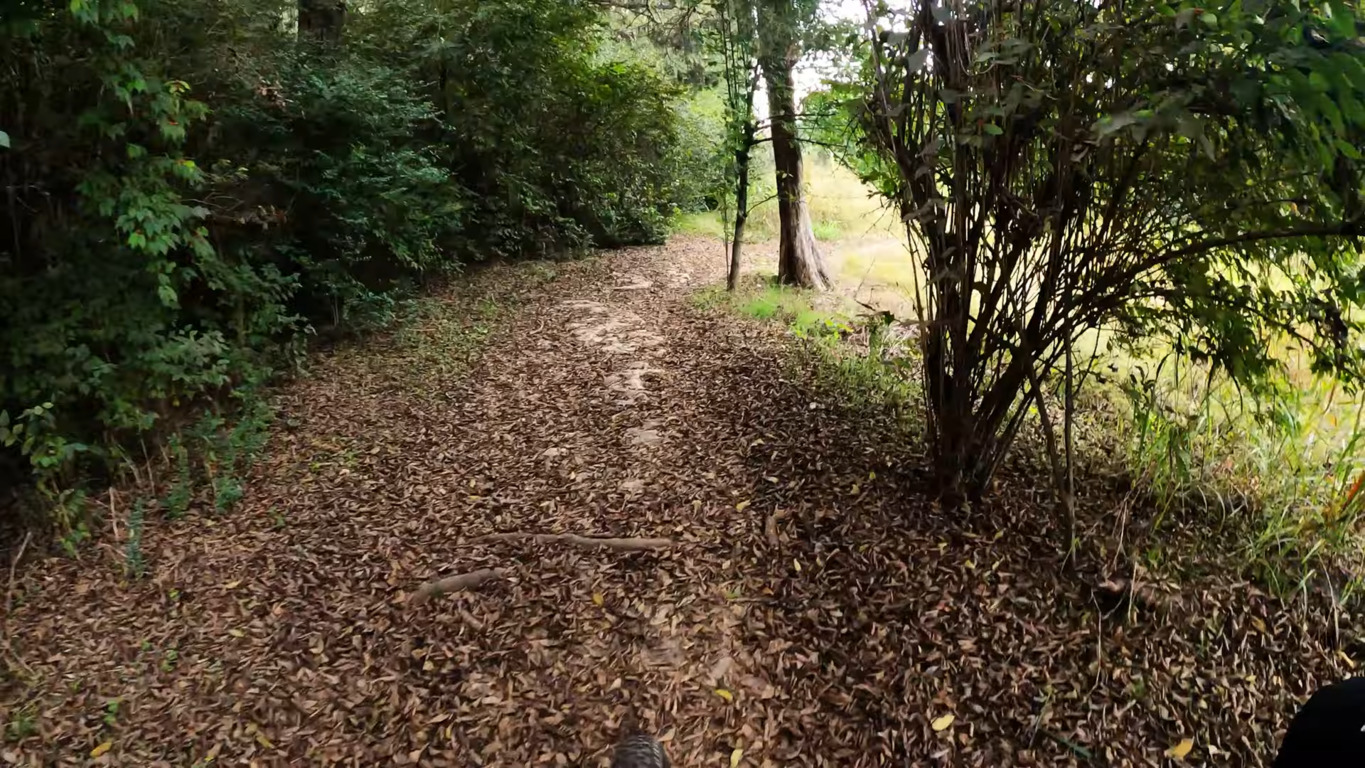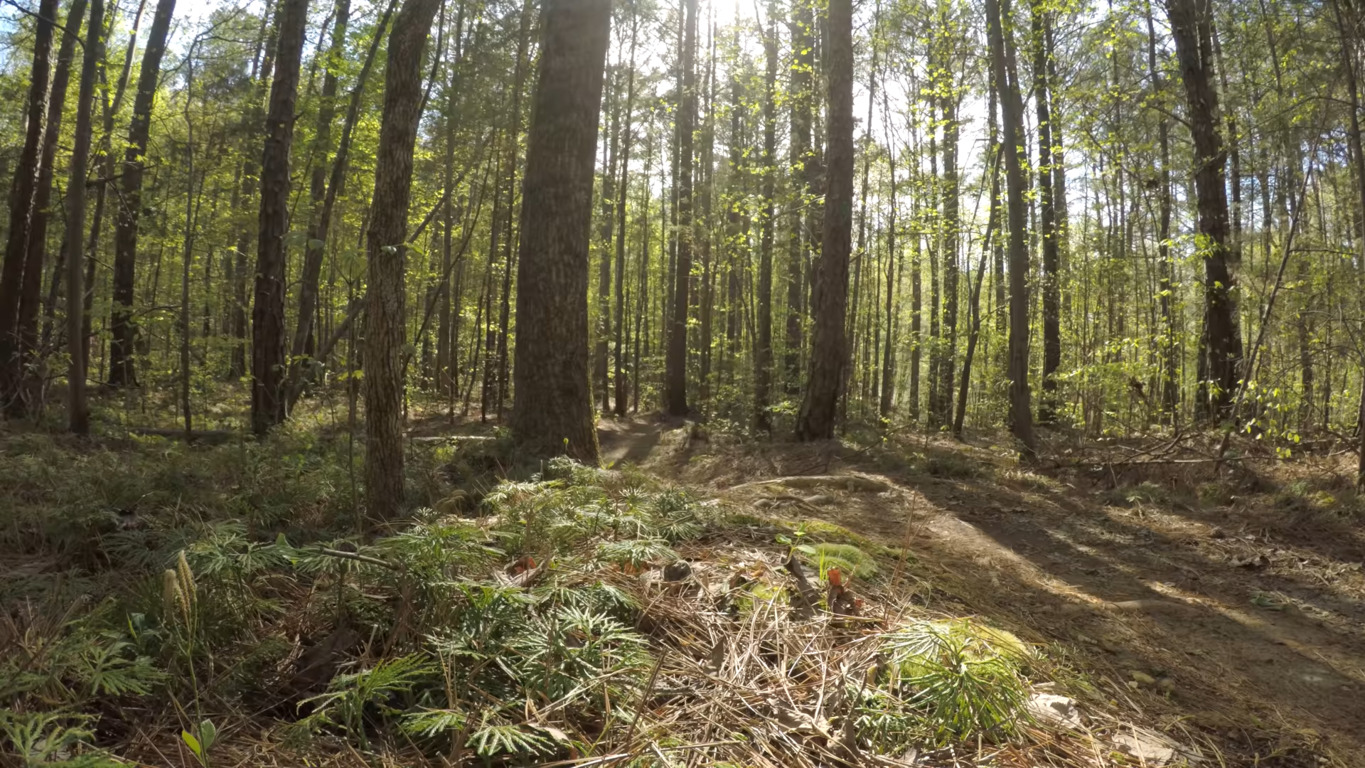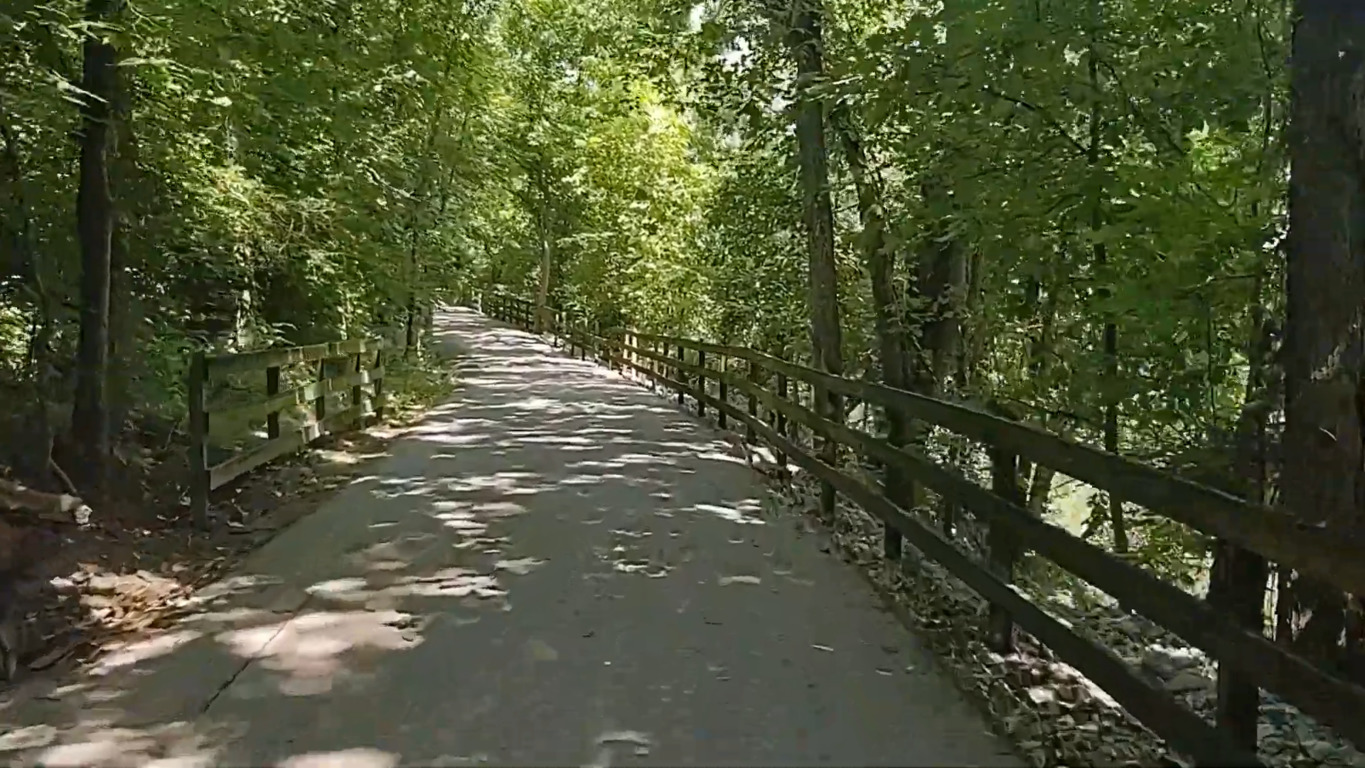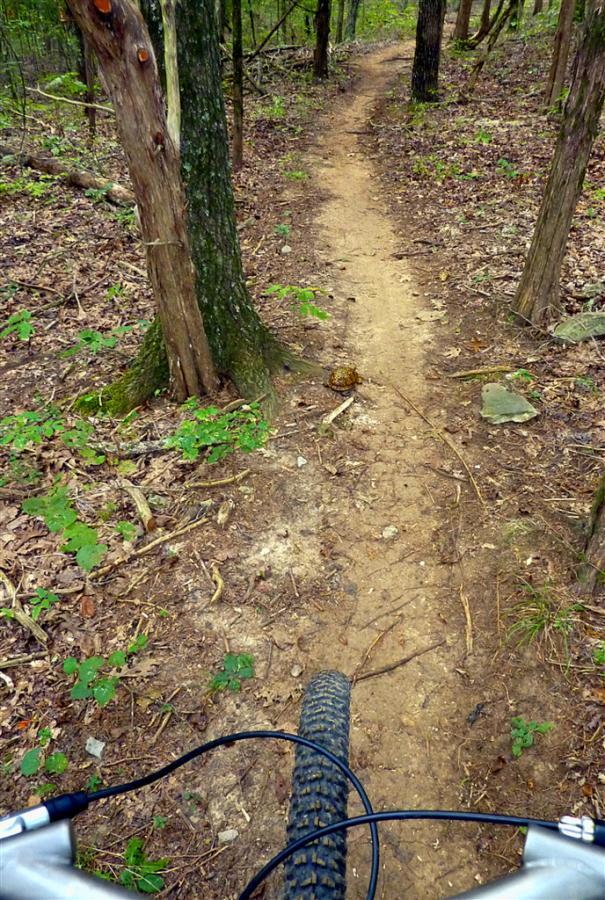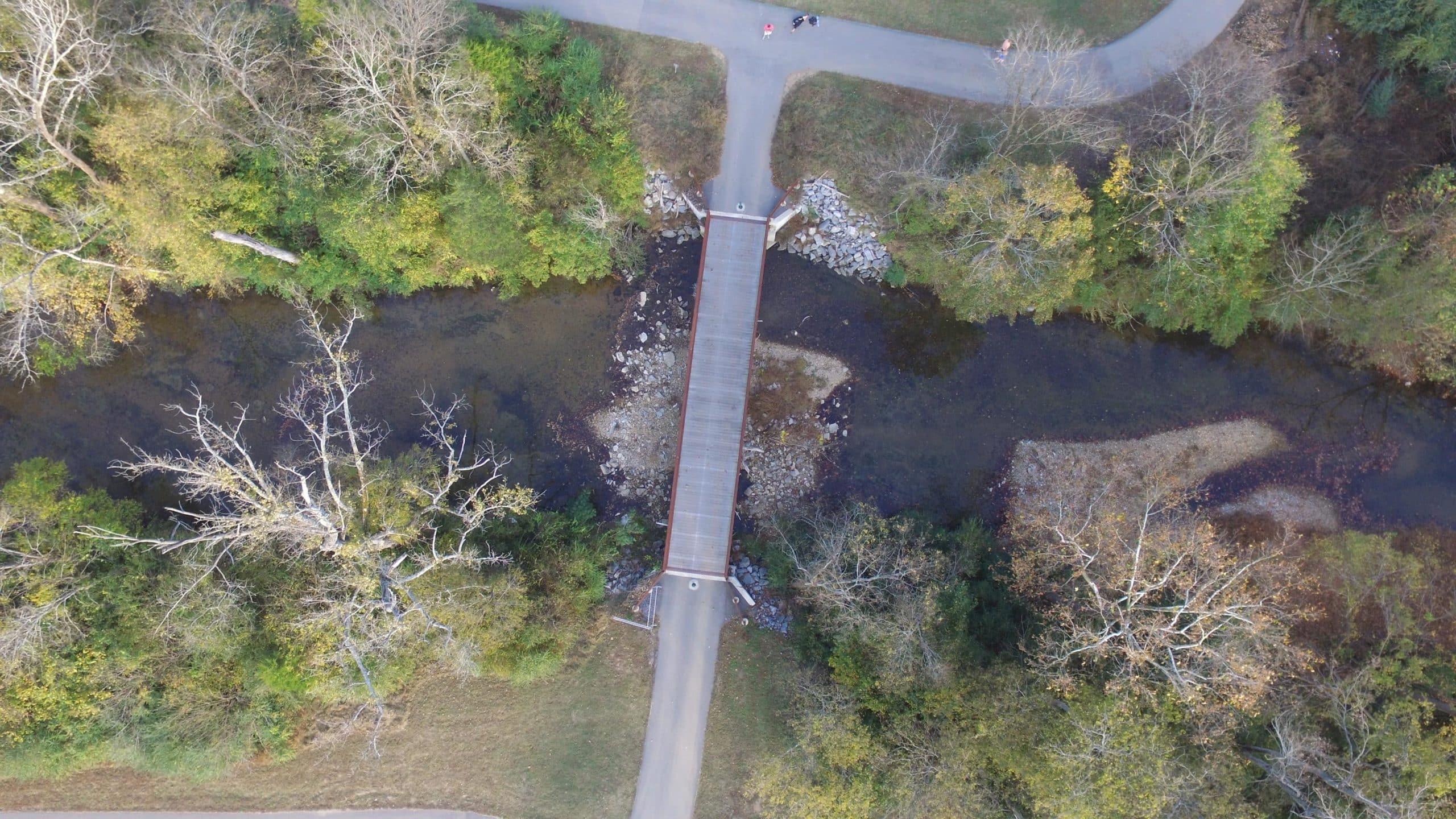Nashville, Tennessee: Area Description
Nashville, Tennessee, also known as Music City, is a vibrant and bustling city in the heart of the southern United States. Known for its rich musical heritage, Nashville is home to legendary venues like the Grand Ole Opry and the Country Music Hall of Fame. But Nashville isn't just about music - it's also a food lover's paradise. From hot chicken and barbecue to upscale dining, Nashville has something for everyone's palate.
Geography of Nashville
Nashville is located in the central region of Tennessee, along the Cumberland River. The city sits at the start of Highland Rim, which is very hilly. It also has some standalone hills, including the hill on which the Tennessee State Capitol building sits.
While Nashville isn't known for deserts or other arid landscapes, there are some areas where you'll find open fields and grasslands. But for the most part, the mountain bike trails in Nashville are in dense forests and wooded areas, offering riders a chance to explore the region's natural beauty up close and personal.
| Land Area |
526 mi² |
| Minimum Elevation |
358 ft. |
| Maximum Elevation |
1,129 ft. |
Demographics of Nashville
As of 2023, Nashville has a population of 658,525 with a median age of 34.2 years. The city’s median household income of $83,348, and the poverty rate is 16.93%. Nashville’s healthy job market and relatively low cost of living have made it a popular destination for immigrants. The city’s foreign-born population tripled in size between 1990 and 2000 and is home to the largest immigrant groups, including Mexicans, Vietnamese, Arabs, and Kurds.
The majority of the population (62.3%) is White, followed by people of African American origin, who make up 27.35%. 3.67% of the population is of two or more races, while Asians make up 3.64%. Native Americans and Pacific Islanders only comprise 0.15% and 0.6% of the total population.
Regarding religion, 59.6% of people claim to have religious affiliations of different kinds. However, Christianity is the dominant religion in the city, with 20.6% being Baptist, 6.2% being Catholic, 5.8% being Methodist, and 3.4% being Pentecostal. Presbyterians and Mormons make up 3.4% and 0.8% of the population, while Lutherans only comprise 0.5%. 0.8% of the population is Islam, while 0.6% adhere to Eastern religions such as Hinduism and Buddhism.
| Total Population (2023) |
658,525 |
| Population Density |
1,384.80/mi2 |
Climate of Nashville
Nashville is characterized by a humid subtropical climate with hot humid summers and cool winters. During summer, the average high temperatures reach the 80s Fahrenheit, while winters are generally chilly, with average temperatures in the 20s and 30s. Spring and fall are generally milder, with temperatures in the 50s and 60s Fahrenheit.
Snowfall during winter isn’t uncommon, but it’s usually not heavy. Nashville experiences an average annual snowfall of about 4.7 inches mostly between January and February and occasionally in December.
Average temperature by months
| Month |
Average Temperature (Low) |
Average Temperature (High) |
| Jan |
27.9°F |
45.6°F |
| Feb |
31.2°F |
51.4°F |
| Mar |
39.4°F |
60.7°F |
| Apr |
47.1°F |
69.8°F |
| May |
56.7°F |
77.5°F |
| Jun |
65.0°F |
85.1°F |
| Jul |
69.5°F |
88.7°F |
| Aug |
68.0°F |
87.8°F |
| Sept |
61.0°F |
81.5°F |
| Oct |
48.6°F |
71.1°F |
| Nov |
39.5°F |
59.0°F |
| Dec |
31.5°F |
49.4°F |
Infrastructure in Nashville
Nashville has decent infrastructure for biking, with some bike-friendly roads and designated bike lanes in certain areas. However, there are still areas where cycling can be challenging due to traffic and limited bike infrastructure.
Some of the more popular mountain bike trails in the area, such as Percy Warner and Hamilton Creek, have dedicated parking areas and restrooms for the convenience of cyclists. There are also some bike rental facilities in and around Nashville for those who don't have their own bikes.
There are a variety of accommodation options in and around Nashville, including hotels, motels, and campgrounds. There are also plenty of gas stations and convenience stores throughout the region for refueling during longer rides.
As for cafés and restaurants, Nashville is known for its vibrant food scene, and there are plenty of options for grabbing a bite to eat before or after a ride. From trendy coffee shops and food trucks to classic southern cuisine and international fare, Nashville has something for every taste and budget.
Sights and Landmarks in Nashville
While mountain biking in Nashville, riders may encounter several sights and landmarks that are unique to the area. One popular landmark is the Parthenon in Centennial Park. This full-scale replica of the original Parthenon in Athens, Greece, was built for the Tennessee Centennial Exposition in 1897 and has since become an iconic symbol of Nashville.
Another landmark that riders may pass through is the Belle Meade Plantation, a historic mansion that was once a working plantation and now serves as a museum and event space. The plantation dates back to the mid-1800s and is a great example of the antebellum architecture that is prevalent in the southern United States.
Additionally, riders may pass through some of Nashville's many parks and green spaces, including Percy Warner Park, Radnor Lake State Park, and Shelby Bottoms Greenway. These areas offer beautiful scenery, wildlife sightings, and opportunities for hiking, fishing, and picnicking as you relax from your ride.
Along the way, riders may also catch glimpses of some of Nashville's famous music venues, such as the Grand Ole Opry and the Ryman Auditorium. These historic buildings have played a significant role in the development of country music and are must-see attractions for music fans visiting Nashville.
FAQ
What is the best time to bike in Nashville?
Spring and fall are typically popular seasons for biking in Nashville, as the weather is mild and comfortable. However, summer can be a good time to ride in the mornings or evenings when temperatures are cooler.
Do the bike trails in Nashville open year-round?
Some trails at Percy Warner Park and Harpeth River State Park may be more likely to close during winter due to snow or ice on the ground. However, other trails, such as the Stones River Greenway, typically remain open year-round, weather permitting. Always inquire about trail conditions from trail or park authorities before heading out, particularly during winter months.
Am I allowed to bring my dog while biking in Nashville?
Trails such as Shutes Branch, Cedar Hill, and Percy Warner allow riders to bring their own dogs. However, the dogs should always be on a leash, and the owner is responsible for and mindful of their pet at all times on the trail. It's always best to check with the park or trail management before bringing your dog to the trail.

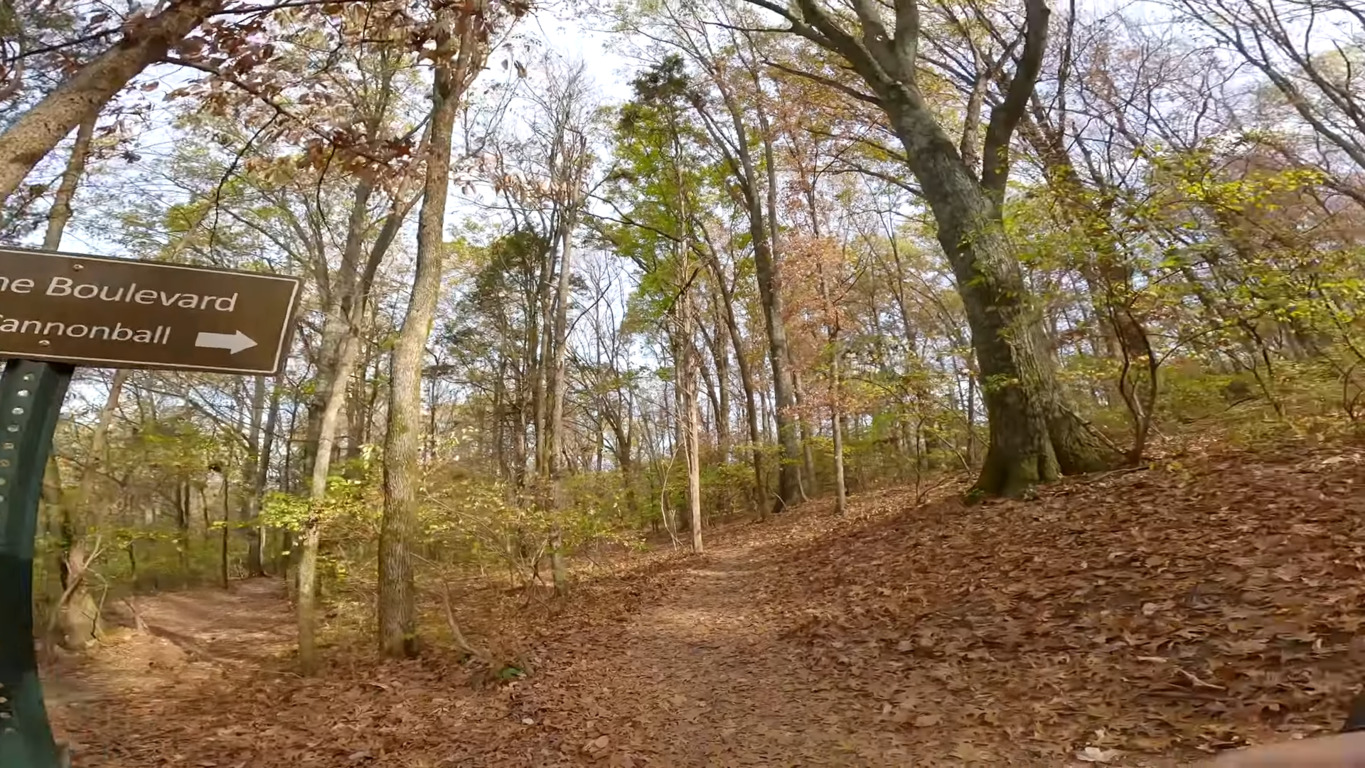
 9 mi
9 mi
